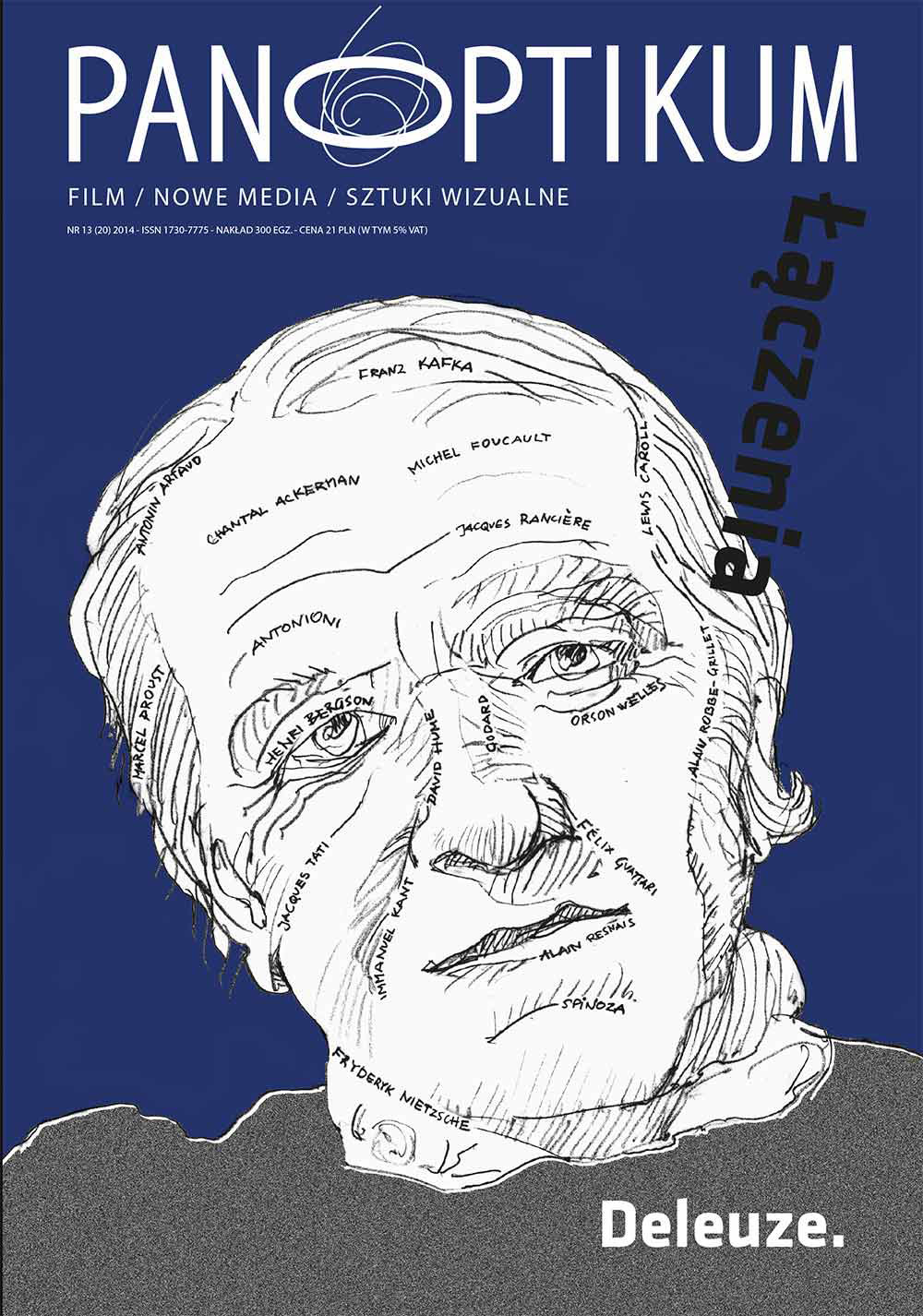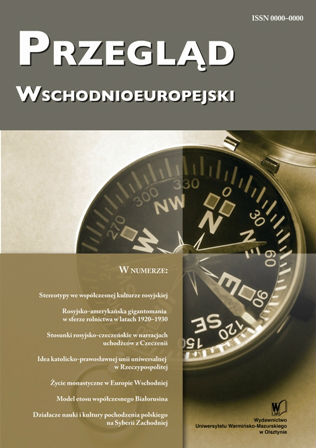
Crystal-Images of Leos Carax. Remarks on Boy Meets Girl and The Night Is Young in the Context of Gilles Deleuze’s Time-Image Concept
Krystaliczne obrazy Leosa Caraxa. Uwagi o Chłopak spotyka dziewczynę i Złej krwi w optyce koncepcji obrazu-czasu Gilles’a Deleuze’a
Keywords: Leos Carax; Gilles Deleuze
The author of the article analyses the first two feature films of Leos Carax – Boy Meets Girl (1984) and The Night Is Young (Mauvais Sang, 1986) – in the perspective of Gilles Deleuze’s reflection on cinema. Undoubtedly, the works of both filmmaker and philosopher are linked to broadly-understood postmodern paradigm – the former’s to postmodern cinema, the latter’s to postmodern theory of cinema. Nevertheless, it is modernism (…) that formed both Carax’s style and Deleuze’s concept. The author explores the French director’s films through the most sophisticated form of time-image cinema – crystalline regime, which includes three instances of film: description, narration and story.
More...

